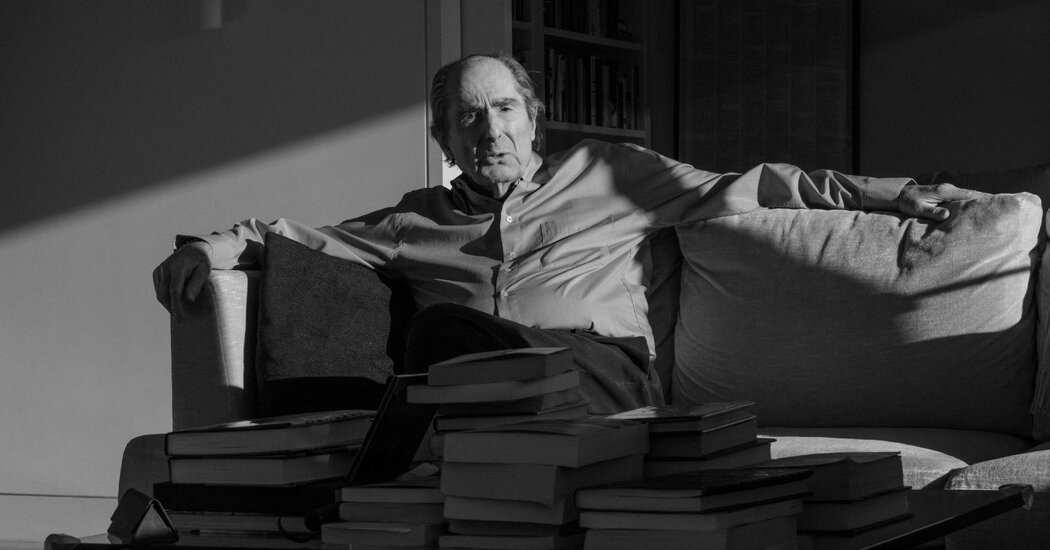
The scandal over Bailey’s alleged misconduct involves a tangle of ethical issues, including, for some, whether Norton was justified in withdrawing the book. But the fraught questions around how much writers, or their estates, want others to see, are as old as biography itself.
All writers and estates decide what they place in archives, keep for themselves or destroy. It’s not unusual for letters and other personal materials that are placed in archives to be sealed for decades after a person’s death to protect his or her privacy, or someone else’s.
But literary history is also full of moments of betrayal, when trusted confidants defied authors’ wishes. Max Brod disregarded Franz Kafka’s order to burn his unpublished manuscripts and diaries. Vladimir Nabokov and Philip Larkin’s directives to destroy unpublished manuscripts were overridden by heirs and executors, who not only preserved but published them.
It’s unclear what Roth’s actual directives were. And friends have differing opinions about whether the aftermath of his biography’s release would have changed them, though some say they doubt he would have favored the kind of immediate and open access some are calling for.
“It would be for Philip a very nerve-racking thing to think that just anyone could go rummaging through it and pick out what they wanted,” said one of his close friends, Bernard Avishai.
Thurman, a biographer and staff writer at The New Yorker, said the executors faced an impossible choice. “We don’t know if he would have given someone else a do-over, and we don’t know what other person he would have chosen,” she said, adding that she opposes the destruction of his personal papers. “I’m against destroying anything,” she said.
Roth was invested in preserving much of his own paper trail. He began giving his papers to the Library of Congress in the 1970s, and the institution has amassed some 25,000 items from 1938 to 2001, including correspondence with Bloom, Updike, Saul Bellow and Cynthia Ozick. After Roth’s death, the library acquired more papers, including correspondence, drafts, research notes, autobiographical notes and other personal effects.




